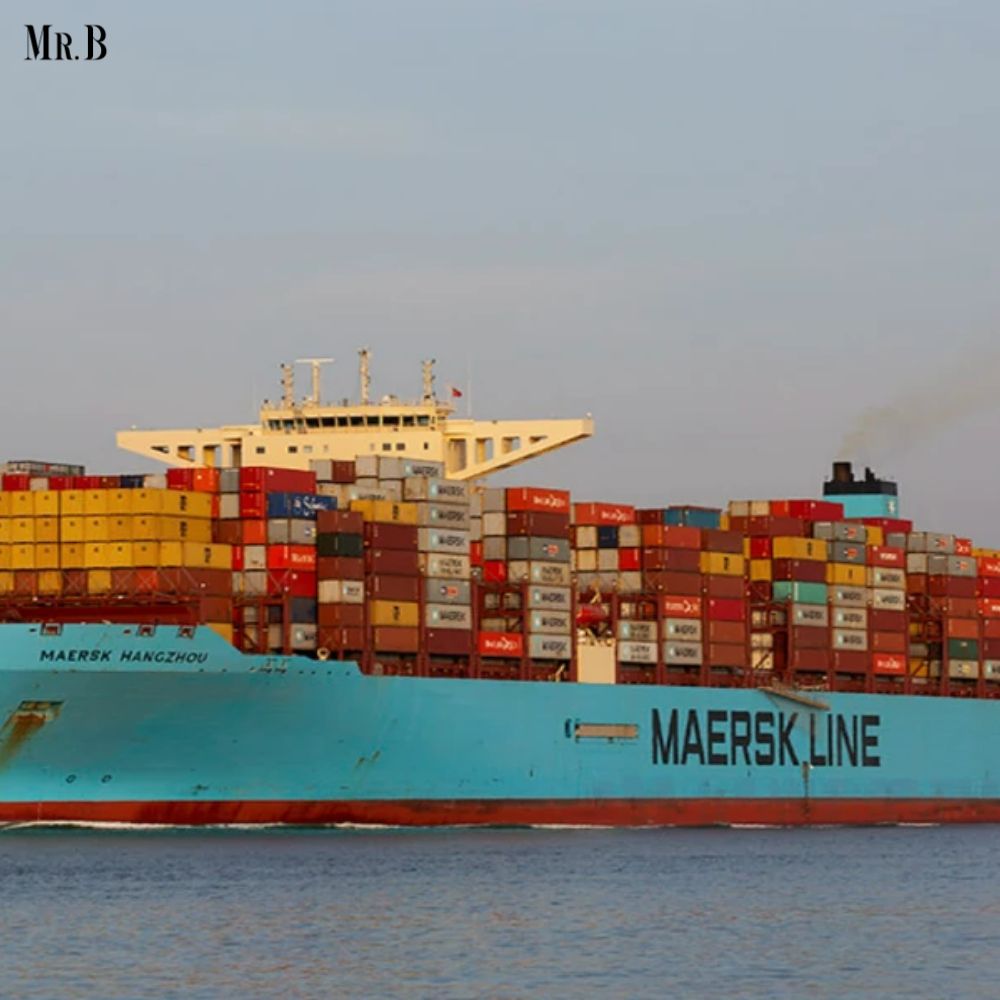The Red Sea crisis, primarily caused by Houthi attacks, is undeniably causing a significant rerouting of containerized goods around the Cape of Good Hope. However, the severity of its impact on global supply chains, consumers, and economies is a subject of contentious debate.
At one end of the spectrum, there exists a prevailing concern that the Houthi attacks will fuel inflation, lead to substantial goods shortages, and exert a tangible influence on Western economies. Paradoxically, some anticipate that container lines, initially expected to struggle with the burden of excessive newbuilding deliveries, might transform into lucrative ventures.
Contrarily, shipping consultancy Drewry provides a more measured perspective, challenging the prevailing narrative. Simon Heaney, Drewry’s senior manager of container research, contends that the global market is currently oversupplied to a significant extent, offering substantial resilience against disruptions such as the Red Sea crisis.
Surplus Capacity:
While acknowledging the need for additional ships to maintain weekly services due to extended voyages around the Cape, Heaney highlights the surplus capacity from the idle fleet, the influx of newbuilds, and existing tonnage in other oversupplied trades that can be reallocated. He emphasizes that, while an excess of ships typically poses challenges for container lines, in this scenario, it is affording them greater resilience to navigate through disruptive events.
Heaney acknowledges the initial challenges in repositioning ships swiftly, but he anticipates a gradual easing of the situation as Red Sea diversions become integral to long-term carrier planning. He believes that the surplus capacity will contribute to mitigating the impact of the crisis over time.
In terms of freight rates, Heaney predicts that rates in affected trades will remain elevated throughout the crisis. However, he reassures that they will not escalate to levels that could trigger inflation. He attributes the spike in spot rates following the Houthi attacks, in part, to fortuitous timing, coinciding with heightened demand as importers sought to load cargoes before the February Chinese New Year holiday break.
Layer on the Analysis:
Philip Damas, head of Drewry Supply Chain Advisors, adds another layer to the analysis, suggesting that the substantial jump in spot rates is influenced by temporal factors. The Red Sea diversions aligning with a period of heightened demand as importers rushed to load cargoes before the Chinese New Year holiday break played a significant role in the observed rate surge.
In essence, while acknowledging the immediate challenges posed by the Red Sea crisis, Drewry’s perspective offers a more nuanced and measured outlook, emphasizing the resilience of the oversupplied global market to absorb and adapt to such disruptions over time.








